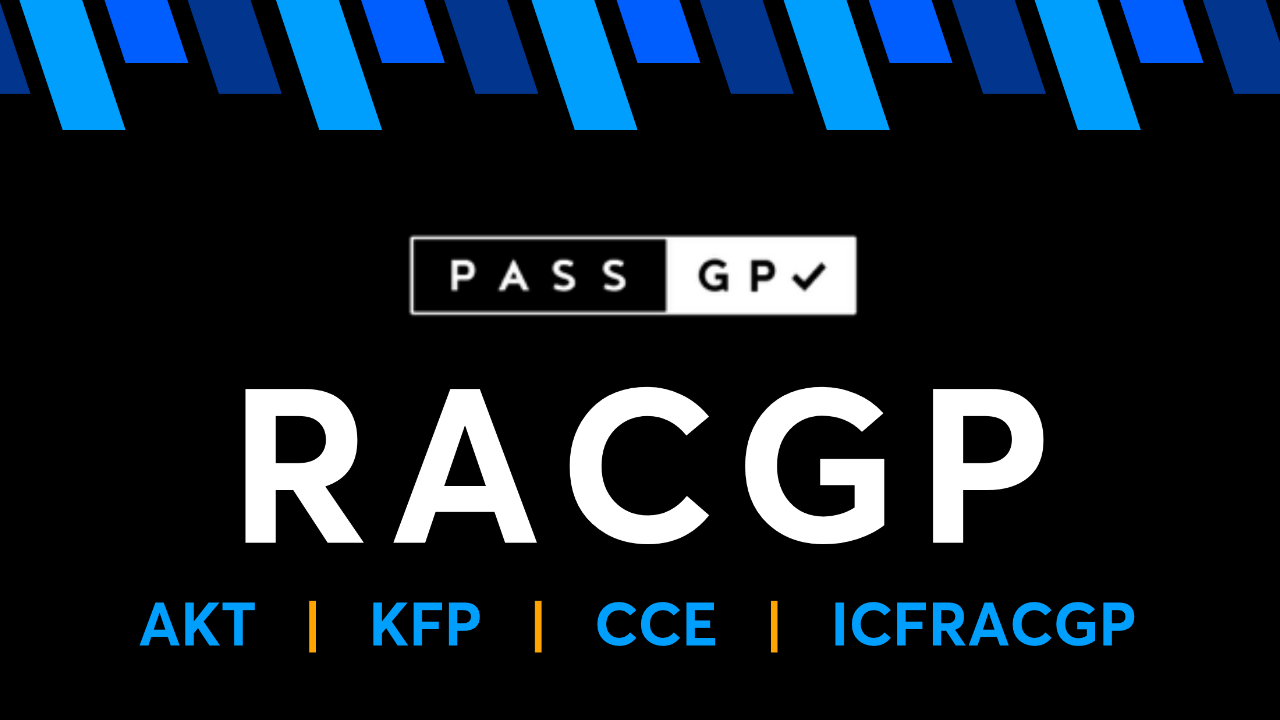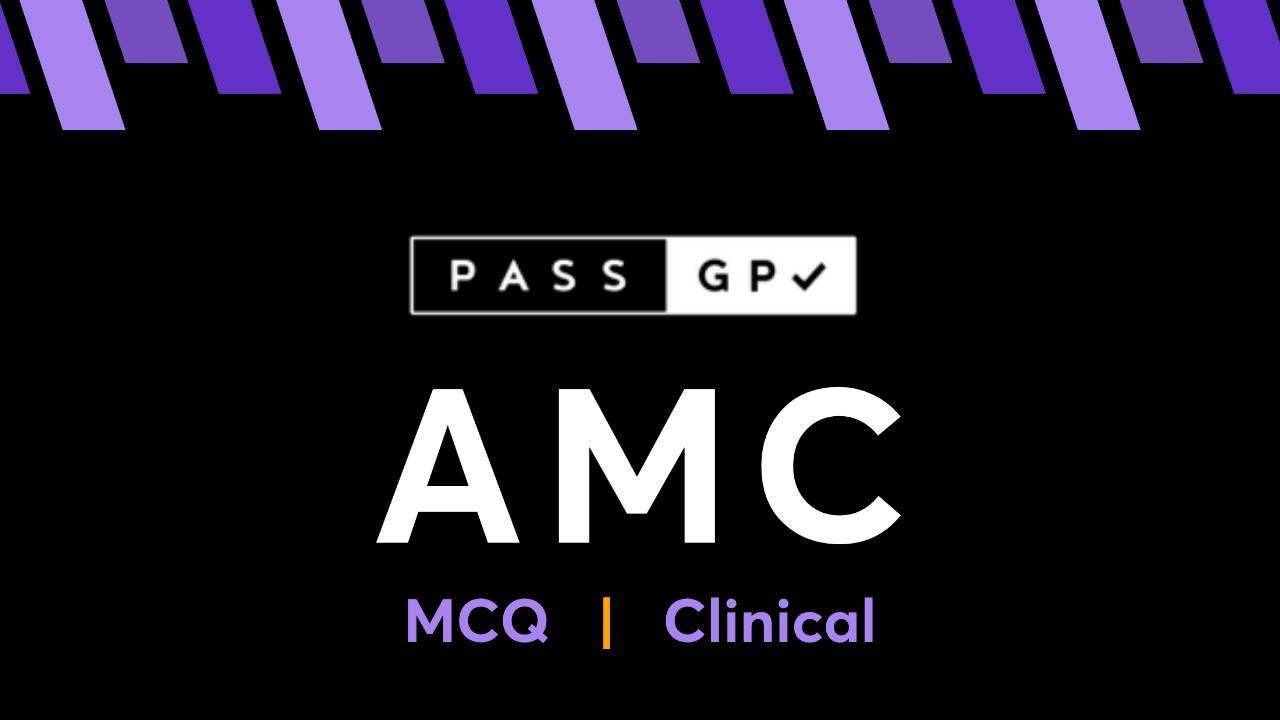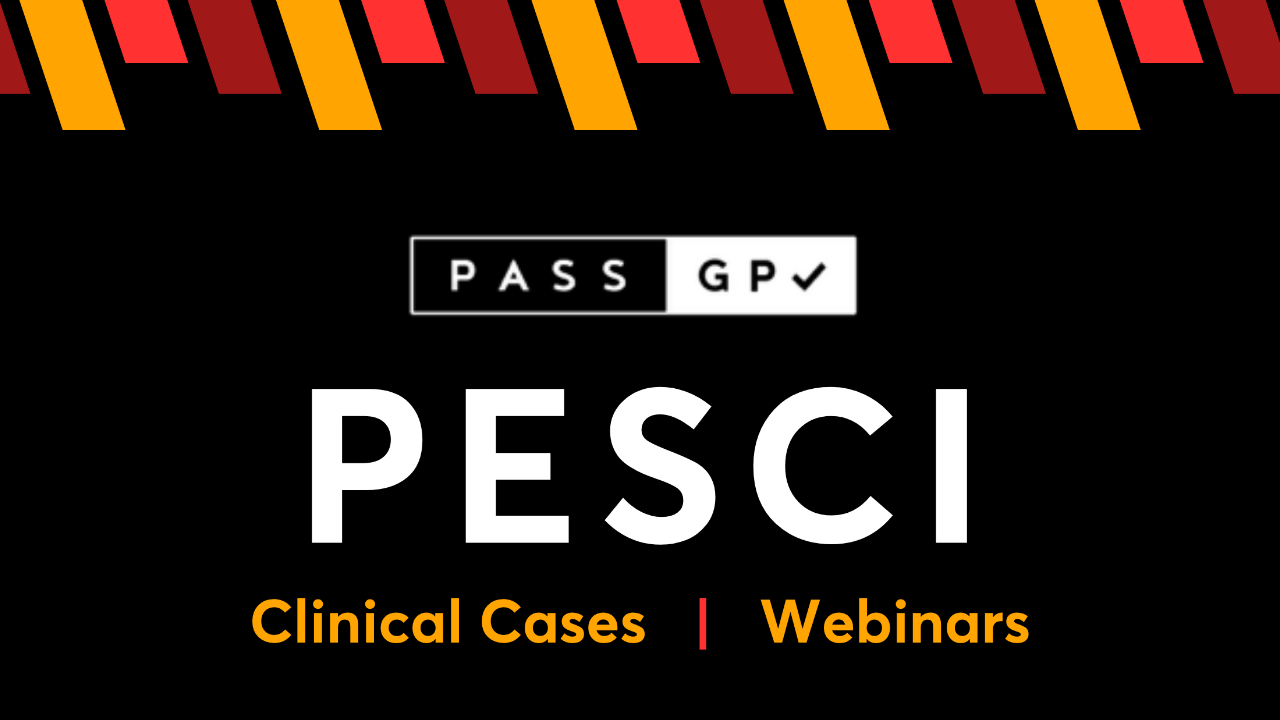How to Prepare for the RANZCOG OSCE in 2025: Strategy for Success
Sep 08, 2025
The RANZCOG OSCE is the final examination before becoming a Fellow of the Royal Australian and New Zealand College of Obstetricians and Gynaecologists (FRANZCOG). It’s not just a clinical exam - it’s a test of how well you think, communicate, and practise as a future consultant.
As A/Prof George Eskander, Chief Examiner at PassGP and former senior hospital executive, puts it:
“The OSCE rewards structure, empathy, and clinical maturity. Candidates who pass don’t just know content - they know how to connect, prioritise, and explain.”
Let’s walk through exactly what to expect and how to prepare.
What Is the RANZCOG OSCE?
- 10–12 clinical stations
- Each station is 8–12 minutes with structured marking
- Covers obstetrics, gynaecology, ethics, communication, and emergencies
- Simulated patients or examiners act as patients, relatives, or junior staff
You’ll be marked on:
- Clinical accuracy
- Communication
- Cultural safety
- Professionalism
- Time and task management
What Skills Are Tested?
The OSCE is not about recalling guidelines - it’s about demonstrating specialist-level thinking in pressured settings.
Expect scenarios such as:
- Breaking bad news (e.g. miscarriage, abnormal CTG)
- Explaining surgical consent (e.g. hysterectomy or caesarean section)
- Managing emergencies (e.g. shoulder dystocia, PPH, eclampsia)
- Dealing with ethical/legal issues (e.g. domestic violence, confidentiality)
- Leading teams (e.g. junior doctor requesting help, conflict resolution)
Key Domains to Study
- Obstetrics
- Labour emergencies
- Antenatal counselling
- Postpartum complications
- CTG interpretation
- Gynaecology
- Heavy menstrual bleeding
- Pelvic pain differentials
- Cervical screening & colposcopy
- Surgery and malignancy counselling
- Communication & Ethics
- Open disclosure
- Cultural sensitivity
- Decision-making with vulnerable patients
RANZCOG OSCE Preparation Strategy
- Practise With Timers
Recreate real OSCE pressure. Use 8-minute timers with 2-minute reading.
- Script Your Openings and Closings
Have a structured approach:
“Hello, my name is Dr Smith. I’m the senior registrar looking after you today…”
“Let me just summarise what we’ve discussed and talk about the next steps.”
- Role-Play With Feedback
Practise with colleagues or join a formal course. It’s not just what you say - it’s how you say it.
- Review Past Exam Topics
While exact cases vary, themes repeat:
- Bleeding in pregnancy
- Fetal compromise
- Sexual health communication
- Abnormal results (e.g. smear, histology, ultrasound)
- Focus on Structure, Not Memorisation
The OSCE isn’t won with facts - it’s passed with calm, structured logic under pressure.
Meta Keywords (for SEO):
RANZCOG OSCE preparation, pass RANZCOG exam, OSCE O&G exam strategy, RANZCOG 2025 exam tips, how to study for RANZCOG OSCE, obstetrics and gynaecology OSCE tips
How PassGP Helps You Pass the OSCE
At PassGP, we provide:
- Full OSCE-style cases with model answers
- Scenarios in breaking bad news, surgical consent, labour ward calls, and more
- Examiner-style feedback points
- Video walkthroughs with realistic candidate responses
Created by senior O&G educators and reviewed by A/Prof Eskander, our materials reflect the real difficulty and structure of the exam - not just simplified study guides.
Access the RANZCOG OSCE bank now via PassGP and join candidates across Australia and New Zealand preparing with confidence.







